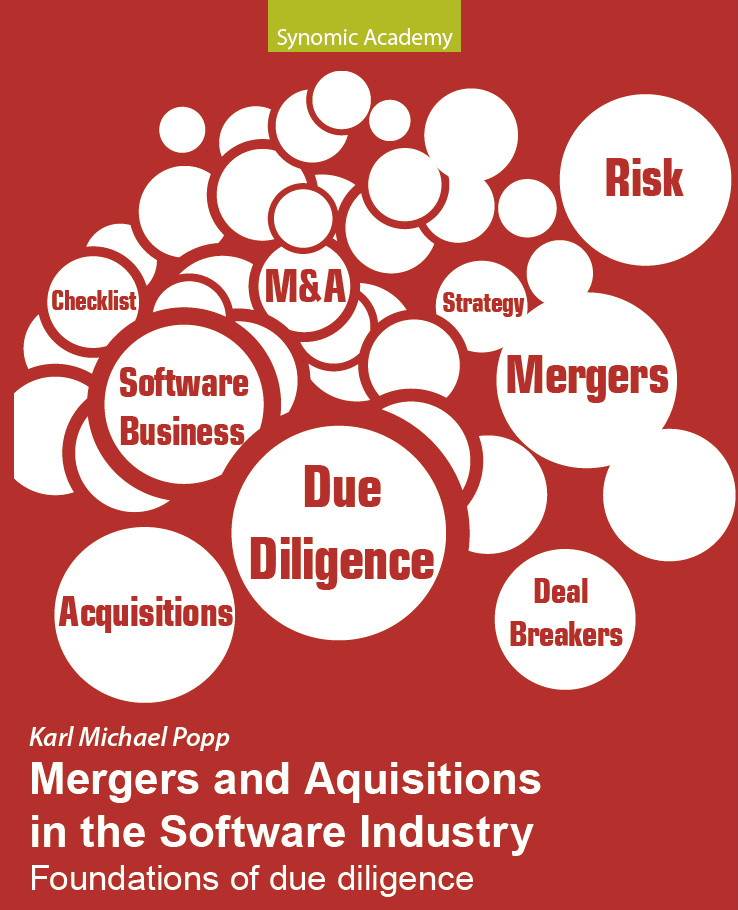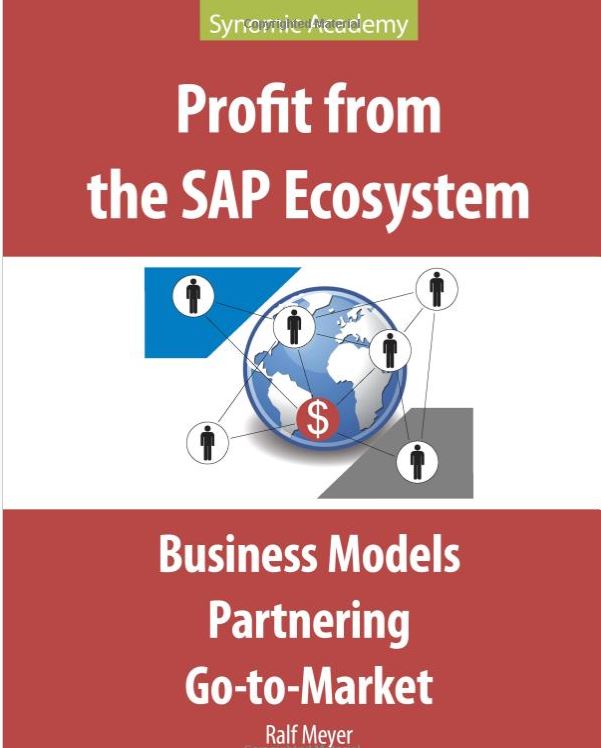Carve outs: how to avoid transitional service agreements
As businesses undergo structural changes, such as mergers, acquisitions, or divestitures, the concept of carve outs becomes crucial. Carve outs involve separating a specific business unit or function from the rest of the organization. However, navigating this process without getting entangled in transitional service agreements (TSAs) can be challenging. TSAs often emerge as a necessary evil, requiring the selling or divesting entity to continue providing certain crucial services to the buyer for a defined period. This blog post explores strategies to avoid the burden of TSAs when executing carve outs.
First and foremost, proactive planning is key. Identifying the scope of services, operational dependencies, and potential transition obstacles early in the process enables both parties to plan and negotiate alternative solutions. It is essential for both the buyer and seller to clearly outline their expectations and requirements to minimize the likelihood of TSAs.
Additionally, fostering transparency and collaboration between the involved parties is vital. Clear communication and understanding of each party's objectives can facilitate creative problem-solving, potentially obviating the need for TSAs. Exploring alternative arrangements, such as licensing agreements or third-party service providers, can provide mutually beneficial solutions while avoiding the constraints of TSAs.
Moreover, engaging legal and financial experts specializing in carve outs can mitigate the risk of getting locked into unfavorable TSA terms. These professionals can assist in structuring the deal and crafting contractual arrangements that align with the objectives of both parties, minimizing reliance on TSAs.
In conclusion, while the intricacies of carve outs may pose challenges, a proactive, collaborative, and expert-guided approach can help avoid or minimize the need for TSAs. By focusing on clear communication, early planning, and strategic negotiation, businesses can navigate carve outs with minimal reliance on transitional service agreements, optimizing the transition process and preserving operational autonomy.
Like my thoughts? READ MY NEW BOOK
ORDER AT AMAZON
ORDER IN GERMANY









